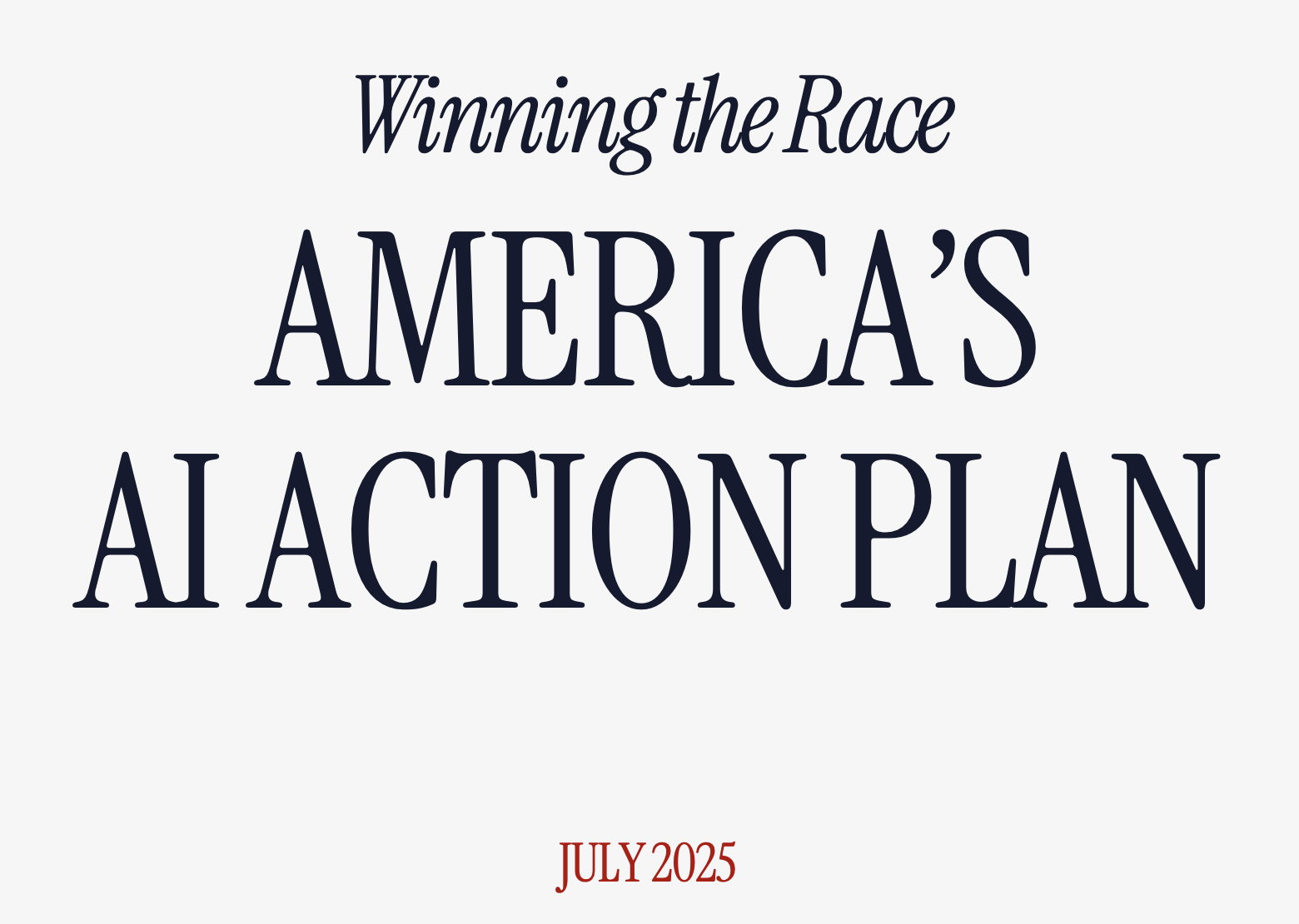America’s AI Action Plan
Yesterday, the White House unveiled America’s AI Action Plan. Here are the key points made for the sciences 🧬 & what the recommended policy actions mean for the industry as a whole.
Key points:
- Deregulation of AI is being positioned as a competitive strategy. Federal agencies from the FDA to the FTC have been directed to eliminate rules that may "unduly burden" AI innovation, and some guidance to withhold federal funding from states with restrictive AI laws.
- Massive investment in automated, cloud-enabled labs (via NSF, DOE, NIST) to accelerate discovery in biology, chemistry, neuroscience, and materials science.
- A push to create the world’s largest AI-ready scientific datasets, with new standards for data quality and sharing (federally funded researchers to disclose non-proprietary, non-sensitive datasets used by AI models)
- Support for Focused Research Organizations (FROs) using AI to unlock fundamental breakthroughs.
- Desire to create a whole-genome sequencing program for life on Federal lands (to include all biological domains) to train future biological foundation models.
Full plan here
What this means:
- This approach will accelerate AI deployment in sectors like healthcare, pharma, and biotech, without the proper guardrails for safety, validation, and equity.
- For researchers and startups: the creation of regulatory sandboxes and AI Centers of Excellence may offer opportunities to test and validate tools with agency support. However, companies operating in more tightly regulated or slower-moving states may feel additional pressure.
- A fragmented federal-state regulatory landscape (punishing "restrictive" states) could discourage harmonization, which is crucial for multi-state trials, biobank sharing, and cross-institution collaborations for life science organizations.
- Data quality and openness will become competitive differentiators.
- Scientists and lab personnel will need major AI upskilling for operations and experimentations.
Based on this proposed plan - can we scale scientific discovery responsibly, securely, and equitably in a deregulatory environment?
